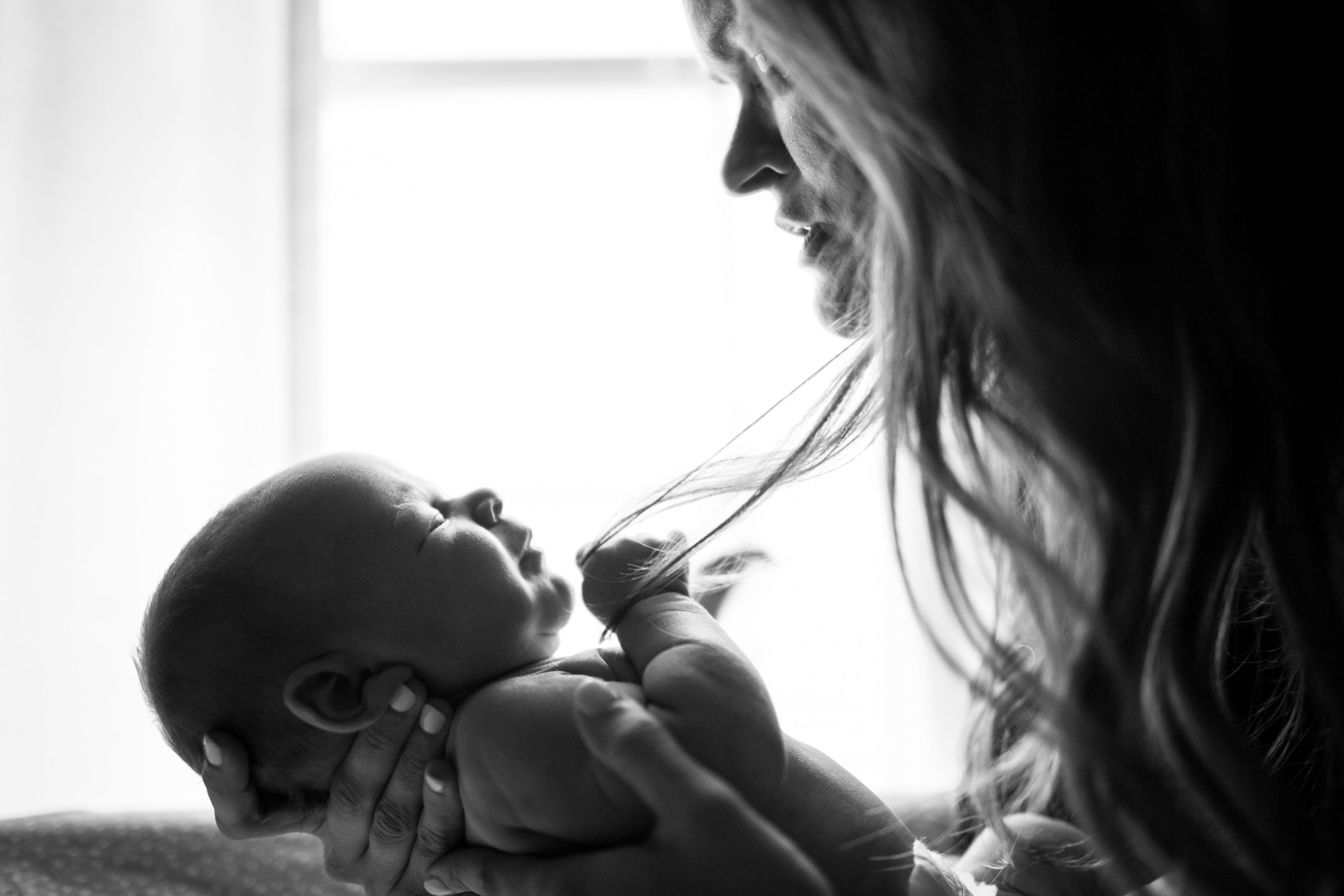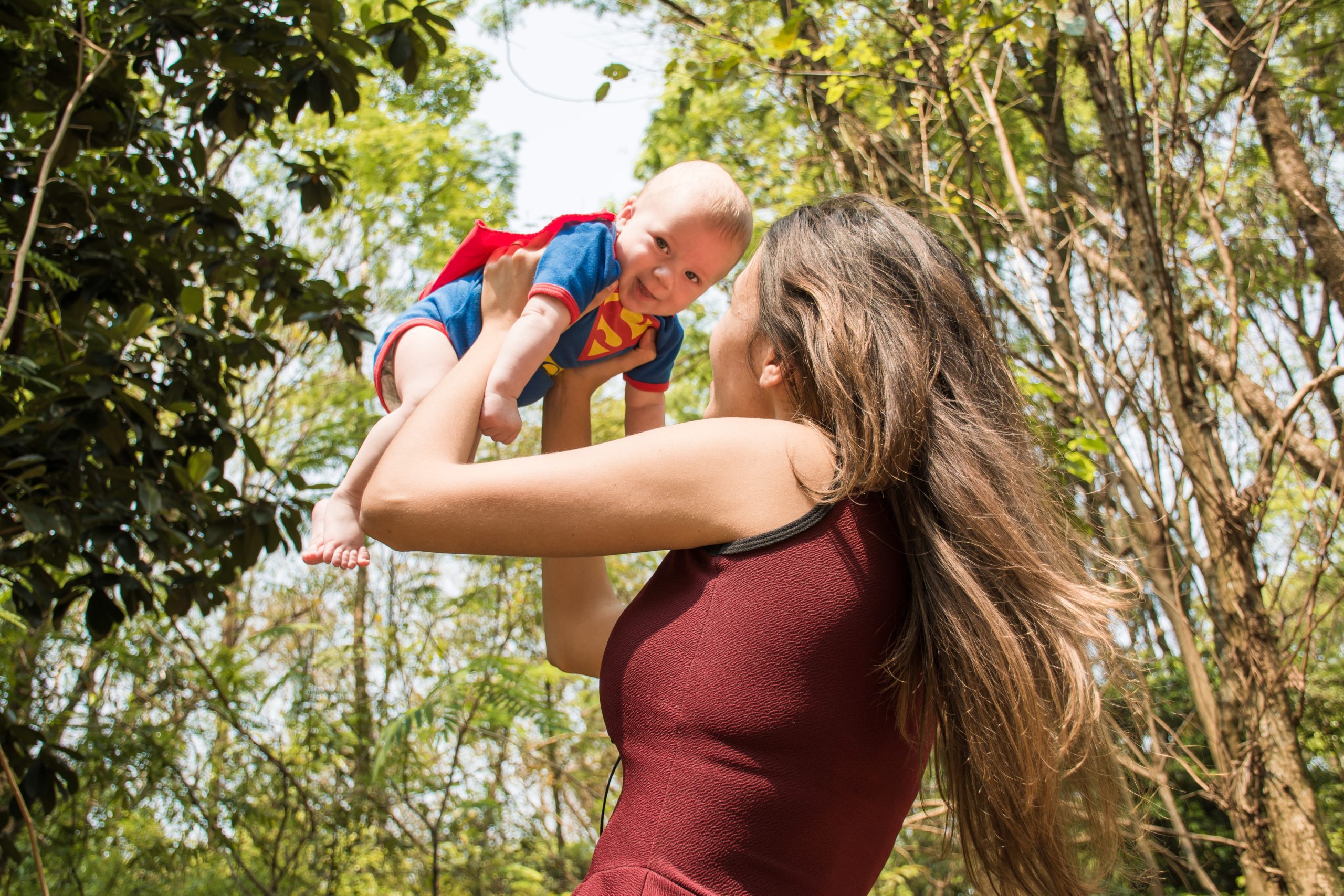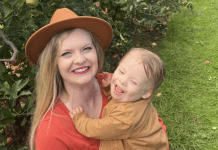Whether you always knew you wanted to be a parent or became one hesitantly, the reality of having a new baby can be quite a shock. The change and upheaval in your somewhat “normal” life is profound. And as much as you love your baby, you might not necessarily love motherhood. No one wants to admit that they don’t like being a mom.

Many new parents feel this way, but thanks to social media, online parent forums, and even our own friend groups, it’s not a popular sentiment to express. For parents who’ve worked so hard and endured painful fertility treatments, have waited years while watching other women take home their babies, it’s especially difficult to admit not liking being a mother. These parents often feel embarrassment, guilt, and shame.
To be clear, these parents love their babies very much and don’t want to imagine life without their children. But at the same time, their role as “mother” leaves much to be desired.
Adjusting to Motherhood
The first few weeks and months can be a difficult adjustment for new parents. They suffer from sleep deprivation and sleep disruption which leads to exhaustion. In this state of brain fog, new parents must tend to their new baby, themselves and each other while learning what it means to be a new family. That’s a tall order! It’s one of the reasons why some don’t like being a mom.
New babies, whether carried in utero or adopted, are virtual strangers. Parents must “learn” their babies: their pacifier and swaddle preferences; their affinity for music or “white” noise; do they like to sway or bounce; are their feeding sessions long and slow or short and efficient; do they hate the car and love the stroller? Every day yields more questions and sometimes even more confusion, since each growth stage brings new answers.
New moms complain that one day blends into the next, making it feel that life is one long sleepless interval. They exist to serve their baby who doesn’t even smile at them. They feel isolated and long for their former life, despite having wanted a child. And, they fall in love with their partners all over again or have negative feelings towards them. Their identity is in jeopardy. Who are they now besides a mother, if all their time is spent keeping their new baby alive?
All these feelings are valid and true for so many new moms and dads. AND, the good news is that it does get better. Here’s how.
- Becoming a parent illuminates other powers you have. However you came to have a baby—through birth, C-section, surrogacy or adoption—no doubt you went through Herculean strength to reach that day. Celebrate that strength.
- These hard days get better when you are kind to yourself. All feelings are valid. Allow them in and tend to them. Talk with your partner. Keep a journal.
- If you’re feeling overwhelmed, ask for help. Join a new parent support group. Call your healthcare provider if you suspect postpartum depression.
- Your baby is the cutest! In a few weeks, they’ll be smiling at you. And they’ll be loving you right back like no one else can. You’ll feel it.
- This stage in your life (and your baby’s) is temporary. New parents’ feelings about parenthood often shift and change. But even if yours doesn’t, that’s ok. You don’t have to love motherhood. Many moms don’t like being a mom sometimes. It’s ok to just love your child.

You are a good parent who has real feelings. Those feelings don’t diminish the great job that you’re doing. In fact, it just might make you parent of the year!
About our Guest Author:
Bonni Berger is a postpartum doula, lactation counselor, and freelance writer. Her work has been published in Kveller, BLUNTmoms, GrownandFlown, DC Area Moms Blog, and Bethesda Magazine. She can be found in the suburbs of Washington D.C. and at www.bethesdadoula.com where she is loving the fourth trimester alongside her new-mom clients.
















I agree with the overall sentiment of this article, but I have to say the distinction made here between “birth” and “C-section” is a part of a different problem. People who delivered via C-section still gave birth to their children.
Comments are closed.